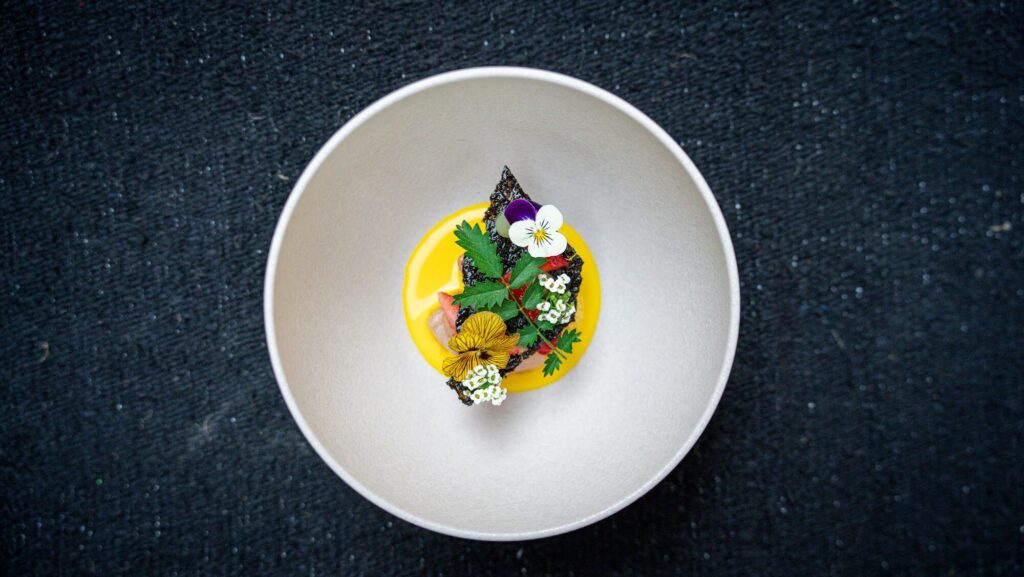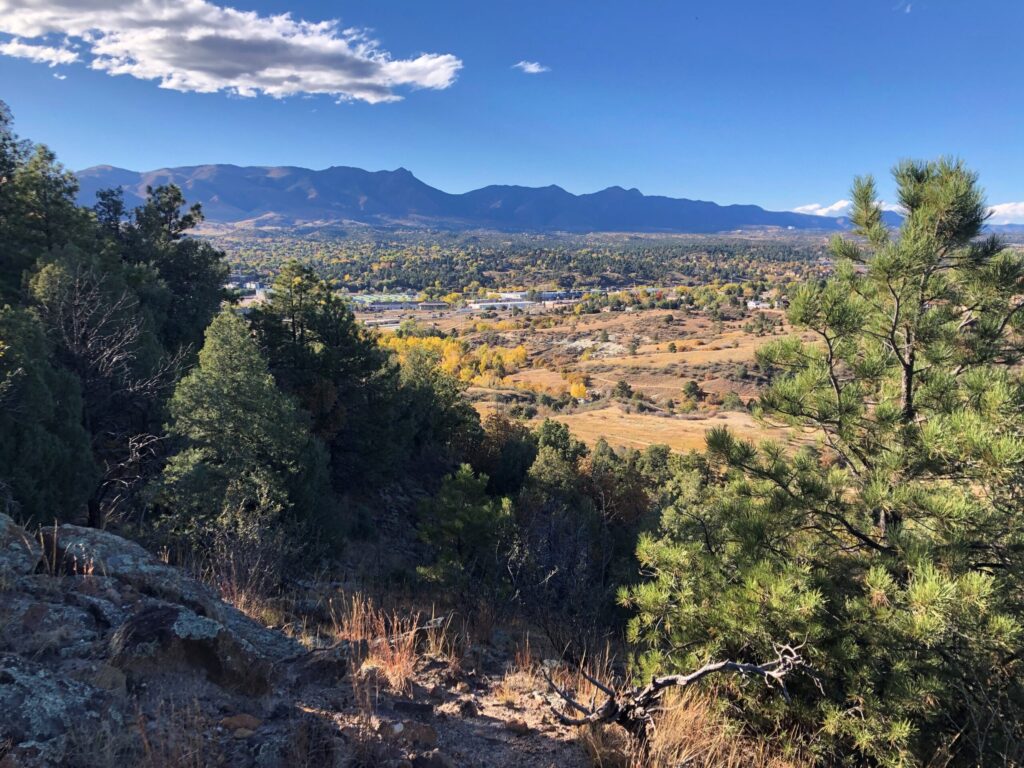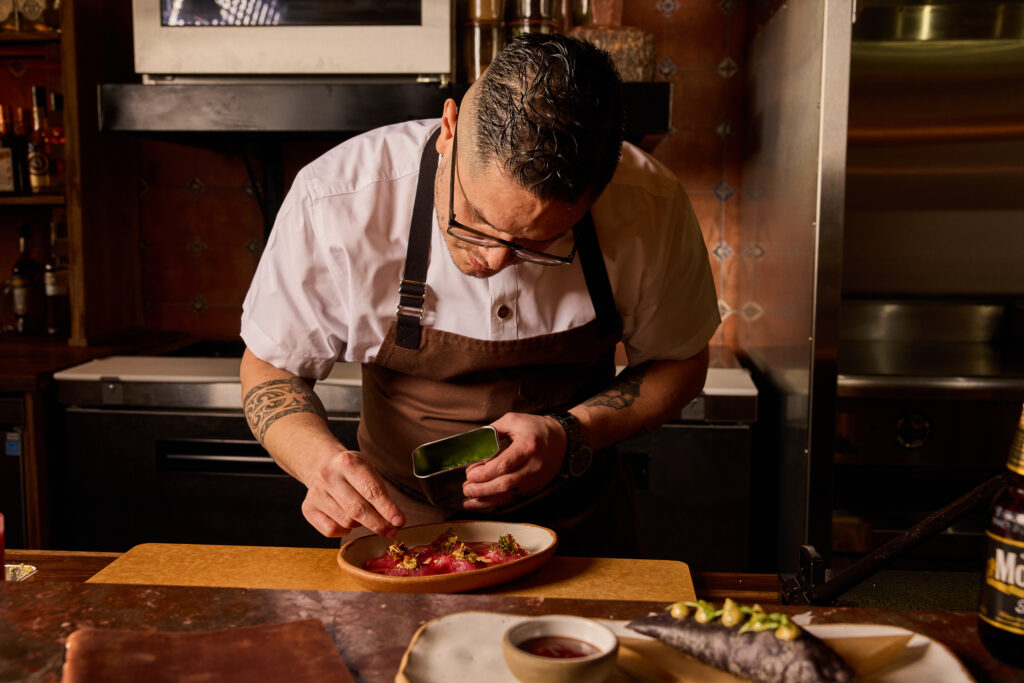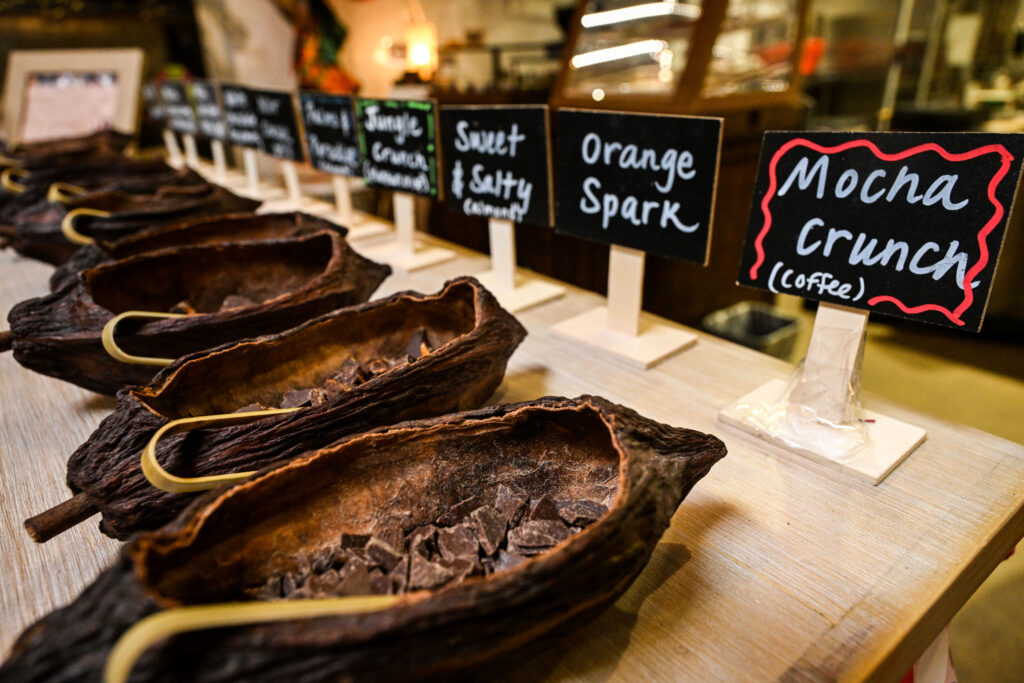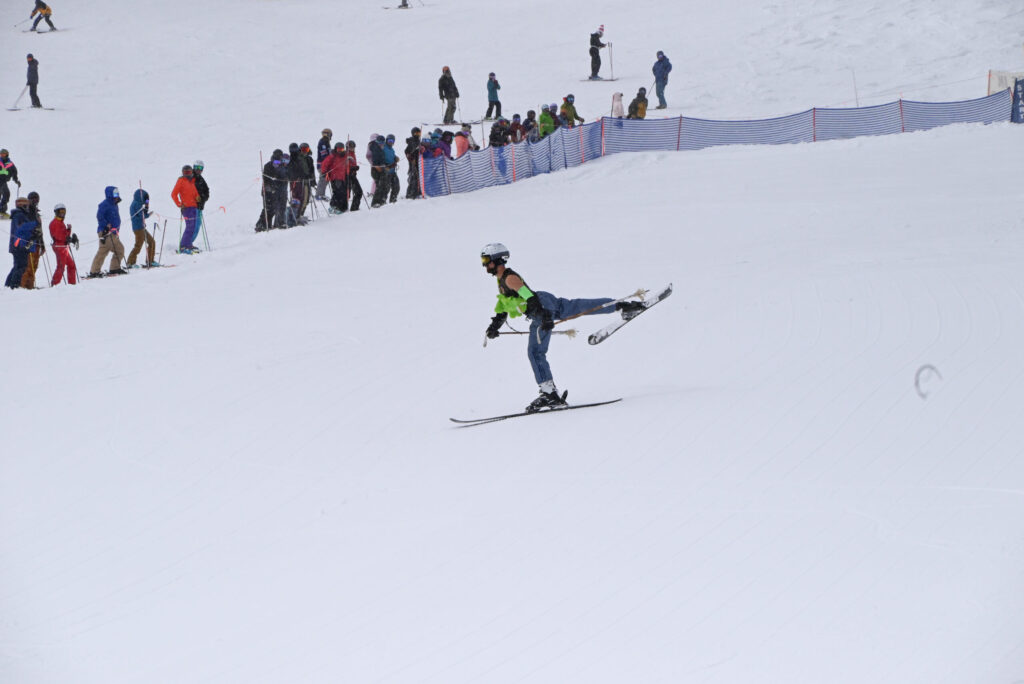Year-round gardening: Improve your Colorado soil with compost
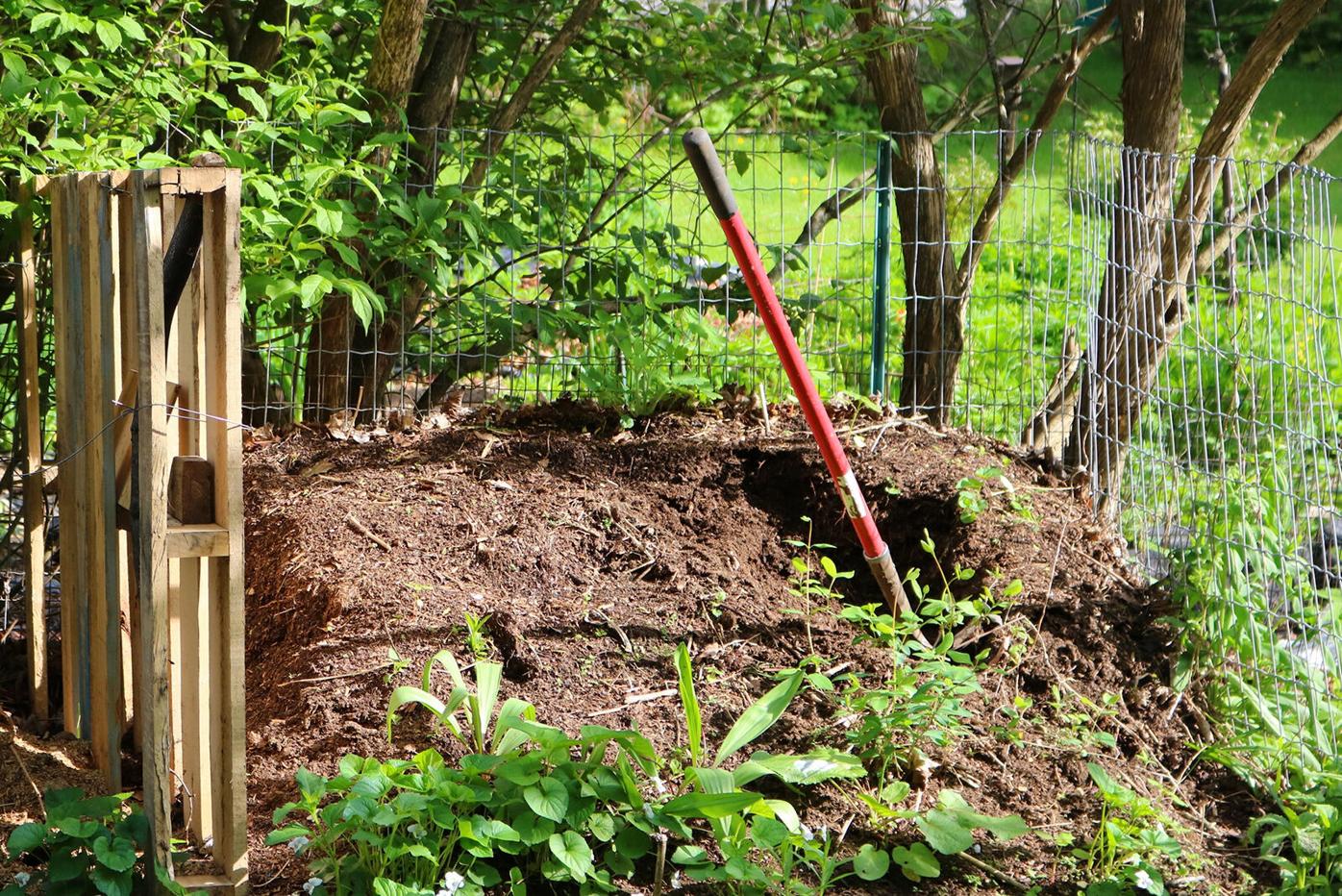
Dreamstime
“Never plant without a bucket of compost at your side.” — Elsa Bakalar, Garden Designer, 1919-2010
One way to improve garden soil is by incorporating compost.
According to the Oxford dictionary, compost is “decayed organic material used as a plant fertilizer or used as a growing medium.” It’s also a verb, meaning “to make (vegetable matter or manure) into compost or treat (soil) with compost.”
While compost can be purchased at local garden centers, it can also be made from garden and kitchen waste, practicing the principles of reduce, reuse and recycle. Compost will improve soil tilth and increase earthworm activity.
When compost is added, sandy soils will retain more water and clay soils will drain more quickly. There are a variety of ready-made composting bins available, but you can construct one by repurposing wood pallets, scrap lumber or wire fencing.
Plastic sheeting or tarps can be used to prevent the compost pile from drying out. Select a location that’s partially shaded and protected from excessive wind.
Here are five composting basics:
Materials
• Green “nitrogen-rich” materials (pesticide-free grass clippings, garden cuttings, plant-based kitchen scraps, coffee grounds, manure from plant-eating animals such as chickens, goats, sheep, rabbits). No animal waste or fats should be added because they can cause odor and attract rodents and other scavenging animals and transmit diseases. Avoid adding weeds to the pile as the seed may survive decomposition and contaminate your compost.
• Brown “carbo- rich” materials (dried leaves, shredded paper, cardboard or woody plant material).
• A balanced ratio of about half green and half brown materials.
Particle size
• Shred woody or chunky materials into finer pieces (½- to 1½-inch pieces). Avoid highly resinous materials such as juniper and evergreens. Leaves with high levels of tannins such as oak and cottonwood are difficult to compost unless finely shredded. Green plant material should be left in larger pieces for more effective composting.
Moisture
• Add water as you build up layers so it’s distributed throughout the pile. If rainfall is inadequate, water to maintain a moist, but not soggy, pile. Moisture is important for microbes to live and digest materials.
Oxygen
• Turn compost with a garden fork or move the pile from one bin to another to fluff material and maintain air flow.
• Too much flow may dry out pile or reduce temperature. Too little flow/too fine of particles and microbes may suffer from lack of oxygen.
Temperature
• Use a thermometer with a long probe to monitor the temperature in the compost.
Aerobic microbes are active between 70 degrees and 140 degrees. Decomposition will be slow during winter when the temperature may fall in the low end of the range. 140 degrees is ideal for destroying pathogens and weed seeds. Greater than 160 degrees will kill some microbes.
Submit gardening questions to csumg2@elpasoco.com or call 719-520-7684. The help desk is open 9 a.m. to noon and 1 to 4 p.m. Mondays and Wednesdays at 17 N. Spruce St. Find us on Facebook at Colorado Master Gardeners – El Paso County.
Submit gardening questions to csumg2@elpasoco.com or call 719-520-7684. The help desk is open 9 a.m. to noon and 1 to 4 p.m. Mondays and Wednesdays at 17 N. Spruce St. Find us on Facebook at Colorado Master Gardeners – El Paso County.






